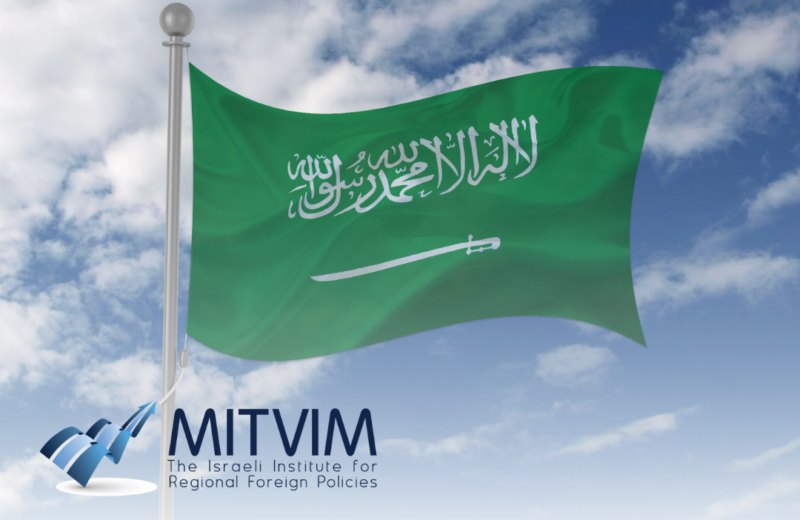
How Saudi Arabia Could Help Solve the Israel-Palestinian Conflict
Saudi Arabia holds unique leverage over the conflict's future, but Riyadh needs to choose to engage on all fronts. This is what pro-peace Israelis and Palestinians need it to do.

Saudi Arabia holds unique leverage over the conflict's future, but Riyadh needs to choose to engage on all fronts. This is what pro-peace Israelis and Palestinians need it to do.

These are critical days in the north. The severe blow to Hezbollah and the collapse of the Assad regime have created a diplomatic window for stabilization. This time, the opportunity is not only
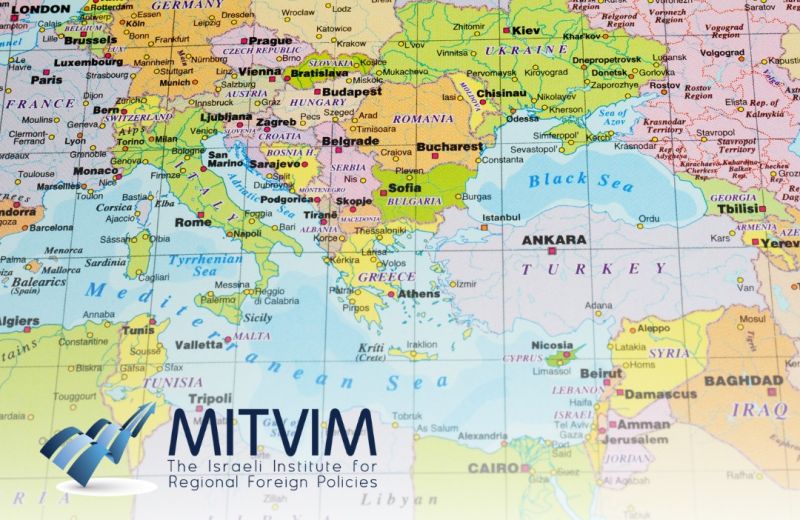
After Prolonged Multi-Front Confrontations, Diplomatic Opportunities Emerge

After 15 months of devastating news from the Middle East, a silver lining has appeared in the form of the Israel-Hamas cease-fire. The Israeli public has been waiting for this for months, with
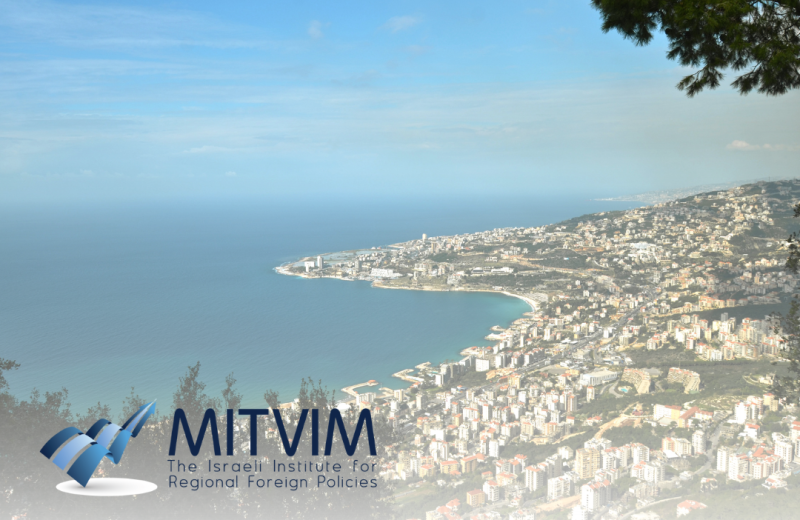
The election of the Christian Commander of the Lebanese Army, Joseph Aoun, as Lebanese president is an important milestone for Lebanon and a positive geopolitical development for Israel. It

More than a month since the deadly Hamas terror attack on Israel on 7 October, Israelis are processing the horrors, working to bring home more than 200 hostages, mobilising in mass numbers to
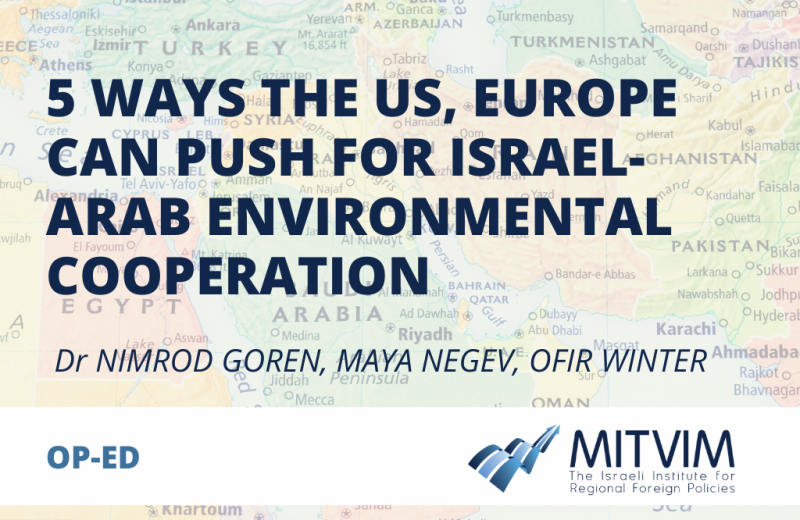
President Isaac Herzog has called for regional environmental cooperation during visits to neighboring countries and introduced a visionary concept of a “renewable Middle East.”
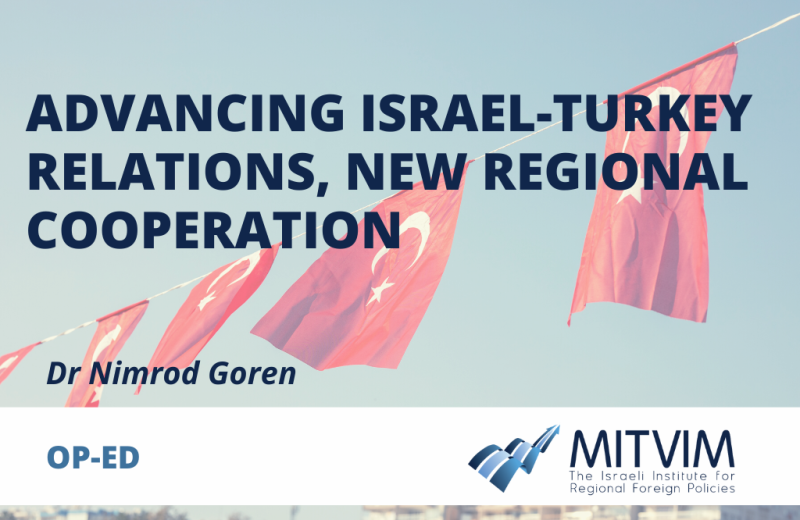
Turkey and Israel should aim – as part of their strategic dialogue – to identify concrete contributions that Turkey can make to improve the situation.
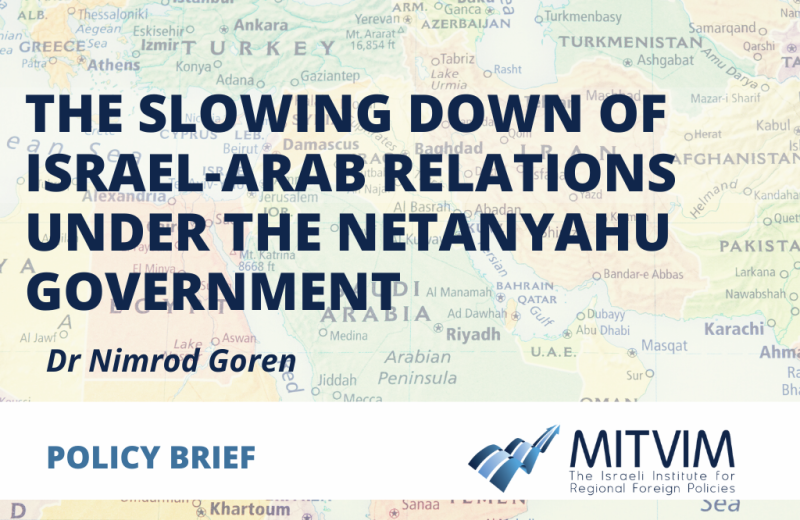
During the Netanyahu government’s first five months, Israel-Arab ties have slowed down and tensions with the Palestinians have increased.
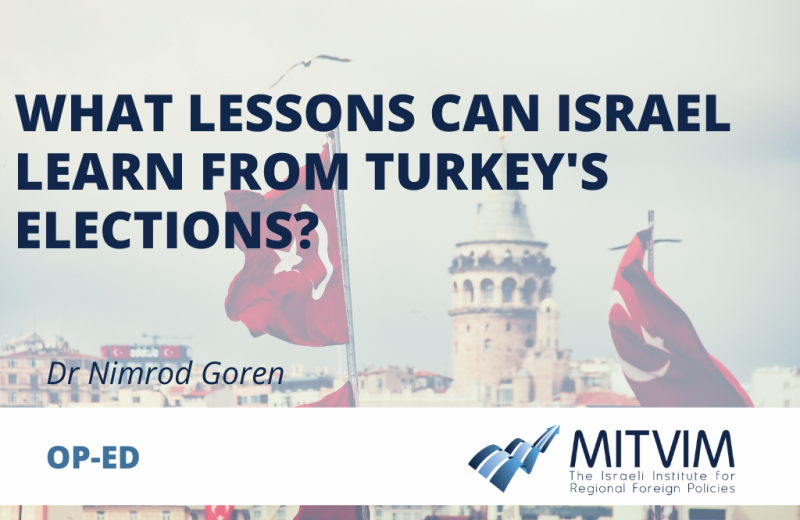
Concern in Israel’s pro-democracy camp that democratic erosion processes in Turkey are similarly emerging in Israel under Netanyahu’s enduring rule.
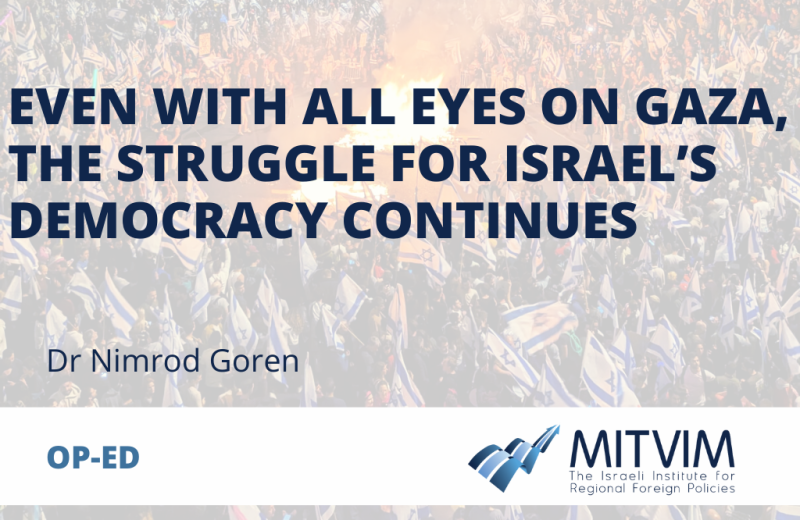
The costs that Israeli Prime Minister Benjamin Netanyahu and the State of Israel have been paying following the government’s first months in office have become more and more significant in recent
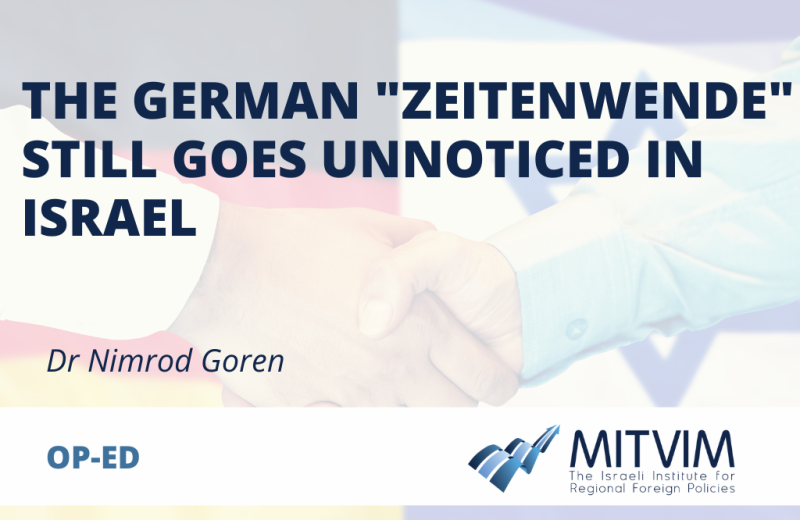
A year ago, in February 2022, Chancellor Scholz delivered a policy statement in the Bundestag, as a response to the Russian invasion of Ukraine. He spoke about a watershed moment, which requires
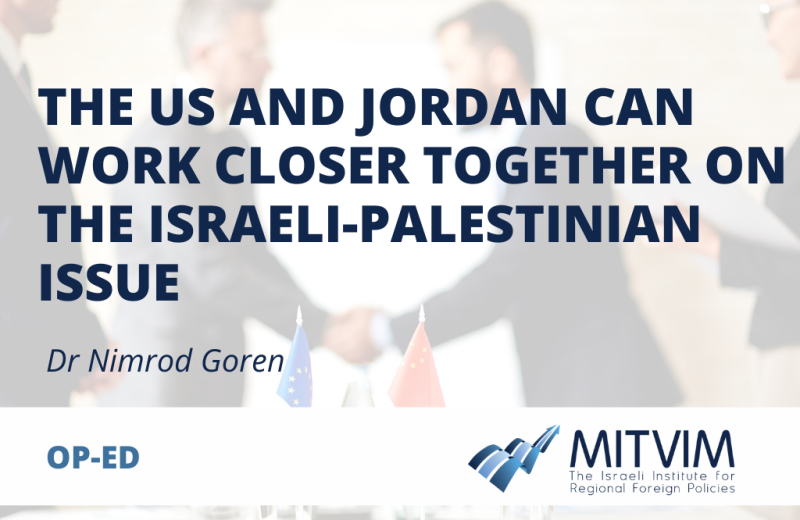
King Abdullah II bin Al-Hussein’s White House visit on Feb. 2 reflected that Jordan is a like-minded partner for the United States when it comes to preventing an escalation of the
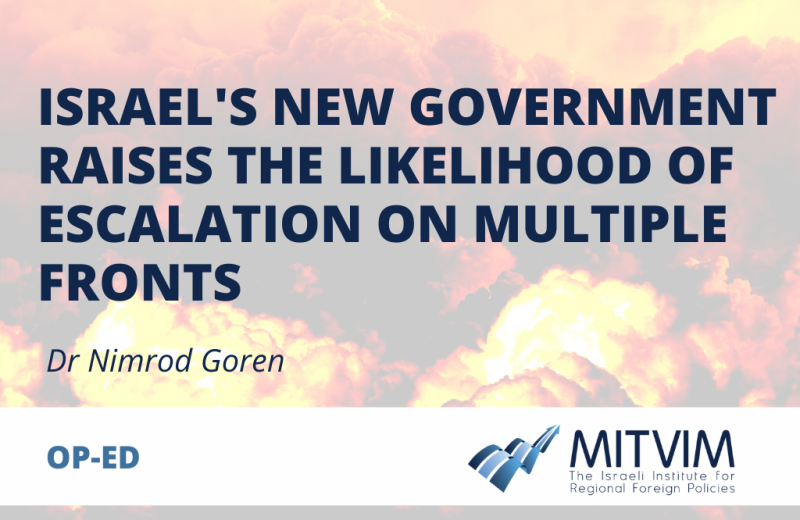
The new Israeli government is unprecedented in terms of its extremist composition and declared policy intentions. The coming to power of such a government raises the likelihood of escalation on
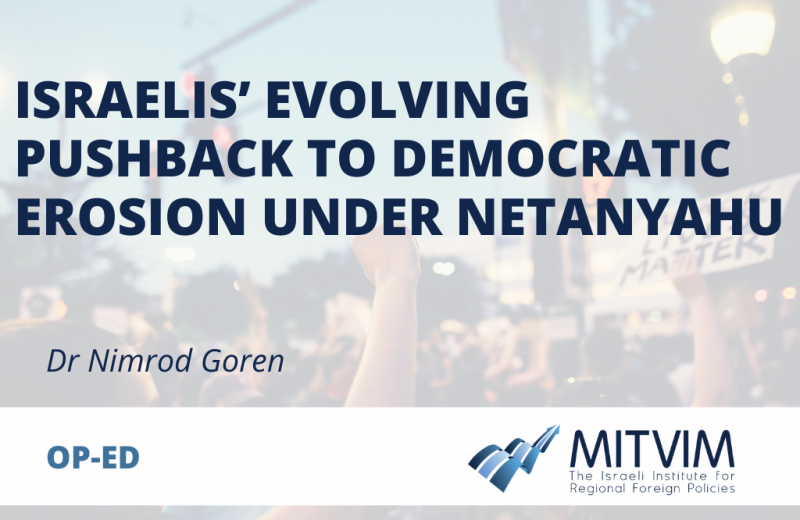
The fight for democracy is a global one, taking place, among other corners of the world, in the United States, Europe, South America, as well as the Middle East and North Africa. When it comes to
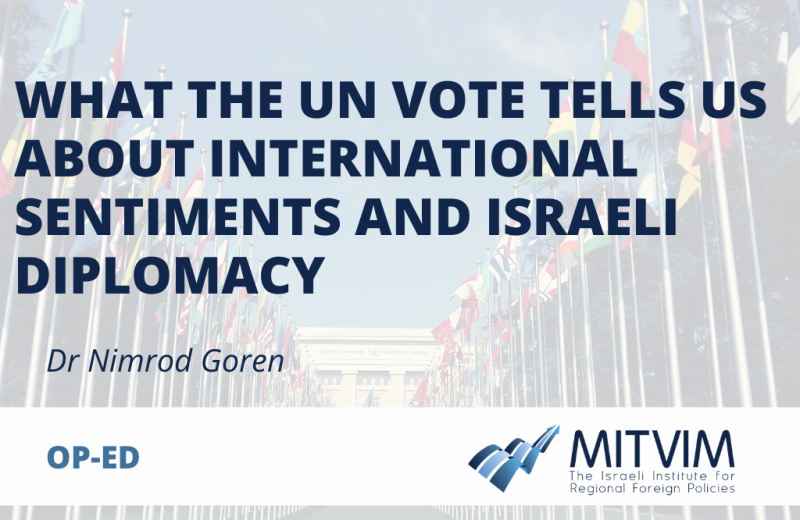
The recent, Dec. 30, vote at the United Nations General Assembly (UNGA) regarding Israel — approving a request for the International Court of Justice (ICJ) to offer a legal opinion on Israeli
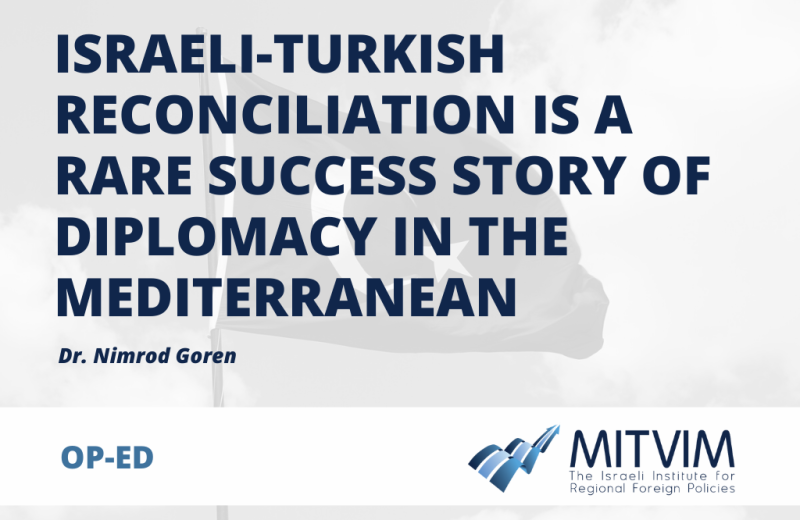
On August 17, Israel and Türkiye announced they would fully normalize their ties and reappoint ambassadors and consul generals after four years. A month has passed and, for the first time since
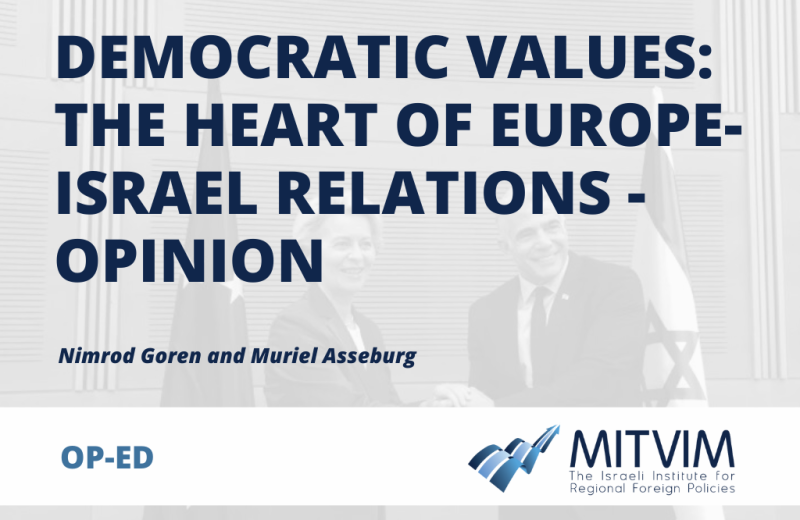
The strongest bond that Europe and Israel share “is our belief in democracy and in democratic values,” said president of the European Commission Ursula von der Leyen in her speech at Ben-Gurion
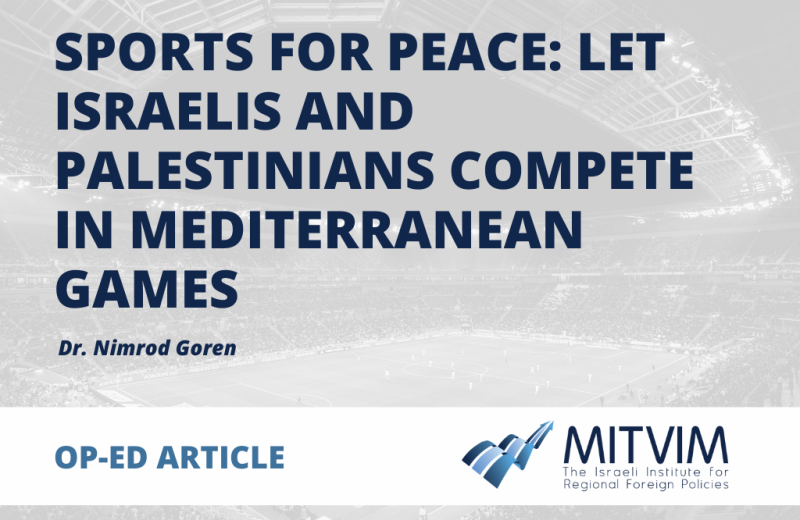
3,500 athletes from 26 countries began competing this week in the 19th Mediterranean Games in Algeria. For over 70 years, delegates from throughout the region have convened quadrennially, in
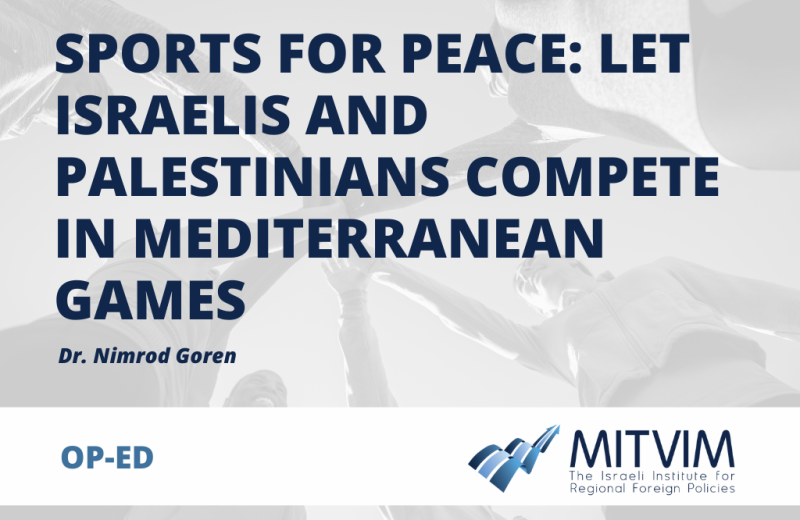
3,500 athletes from 26 countries began competing this week in the 19th Mediterranean Games in Algeria. For over 70 years, delegates from throughout the region have convened quadrennially, in
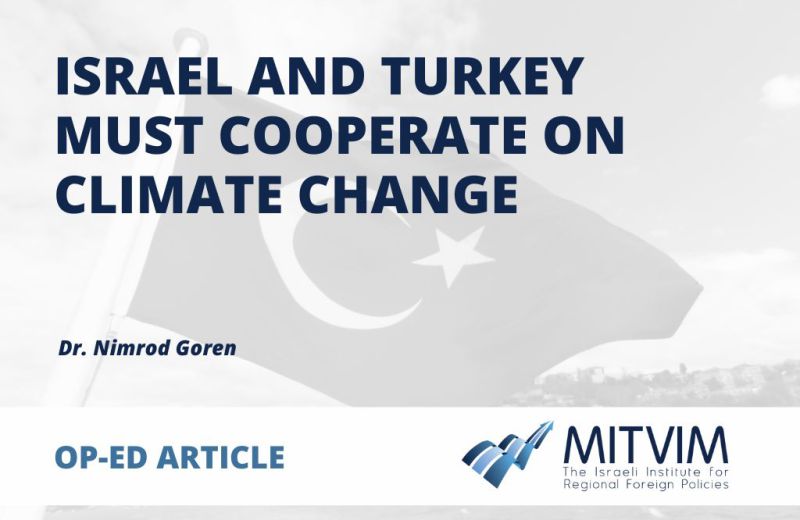
Israel and Turkey are starting a new chapter in their long-standing bilateral relationship. The mutual visits by foreign ministers Mevlut Cavusoglu and Yair Lapid to Israel and Turkey followed up
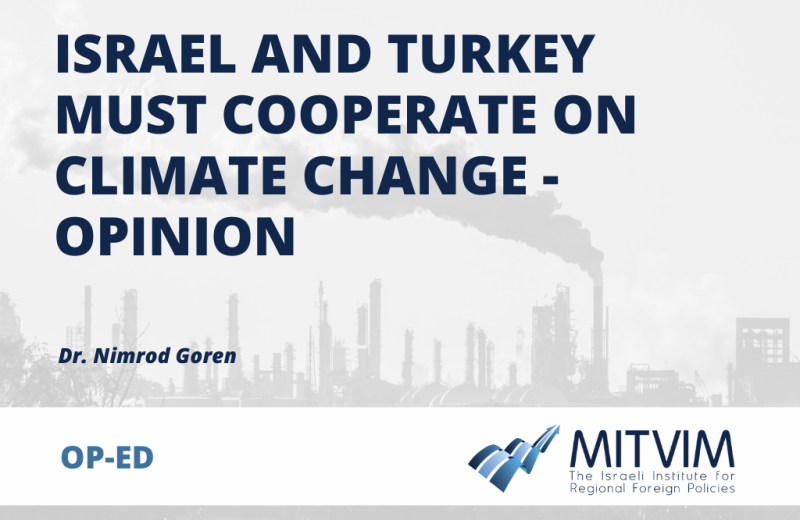
Israel and Turkey are starting a new chapter in their long-standing bilateral relationship. The mutual visits by foreign ministers Mevlut Cavusoglu and Yair Lapid to Israel and Turkey followed up
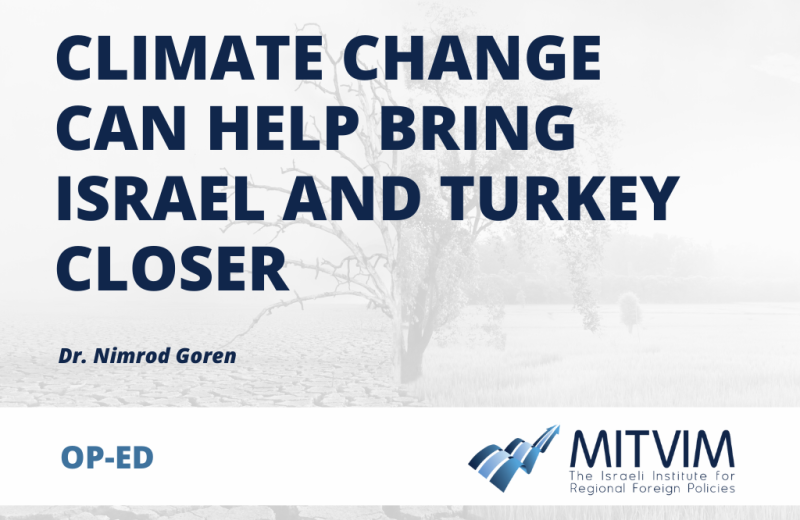
Israel and Turkey are starting a new chapter in their long-standing bilateral relationship. The mutual visits by Foreign Minister Çavuşoğlu’s to Israel (May 2022) and by Foreign Minister Lapid to
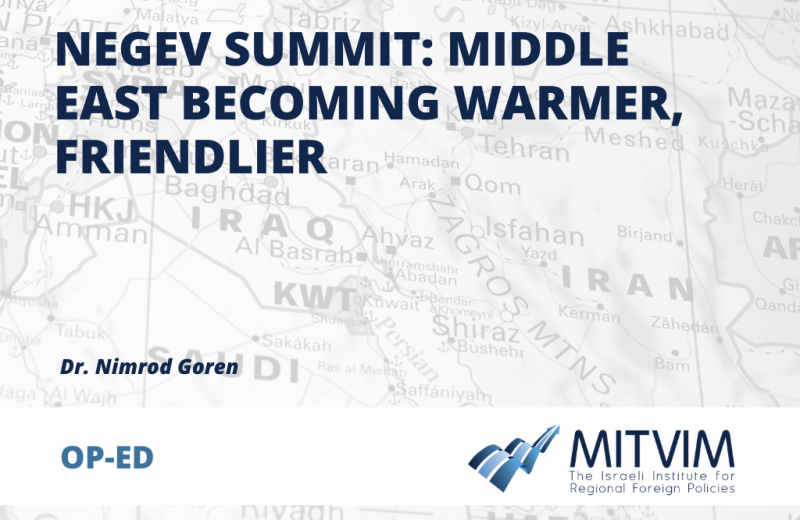
The public elements of the Negev Summit were full of positive atmosphere, expressions of personal warmth, and mutual compliments. It did not seem as one of those summits in which concerned
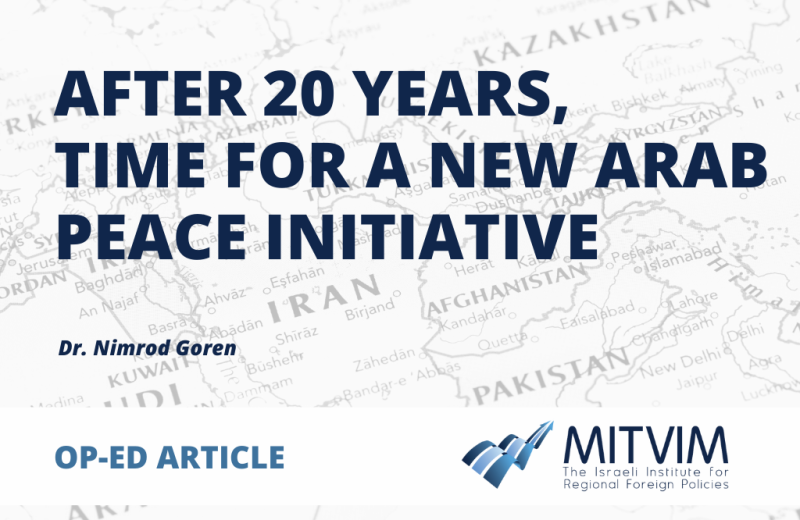
Twenty years ago, in the midst of the al-Aqsa Intifada, Arab leaders convened in Beirut for their annual summit and adopted the Arab Peace Initiative (API). The move followed the failure to reach

At an important week in Israel-Turkey relations, featuring the first visit to Ankara by an Israeli president in 15 years, the two countries are trying to play a similar and surprising role in the
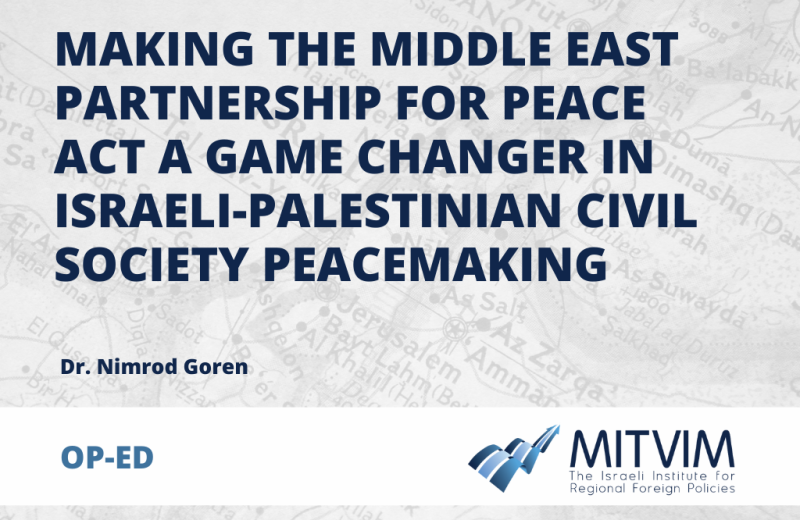
While the stagnation in the official Israeli- Palestinian peace process continues, Israelis and Palestinians working to advance peace on the civil society level are experiencing some new

“As far as I am concerned, the revelation of this visit was the tremendous admiration for Israel, the Turkish readiness to turn a new leaf in the history of the countries,” said Israeli President
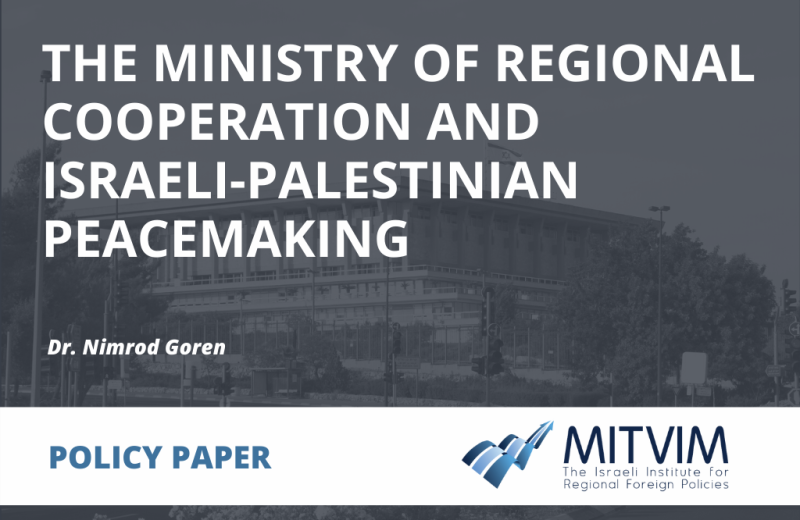
Among Israel’s many government ministries, one stands out in particular. It is small, its authority is limited, and many doubt its need. But it is tasked with realizing one of Israel’s greatest

‘It is worth remembering,” Prof. Elyakim Rubinstein wrote five years ago on the 25th anniversary of the Madrid Conference, the multilateral event that launched the Israeli-Arab peace process of
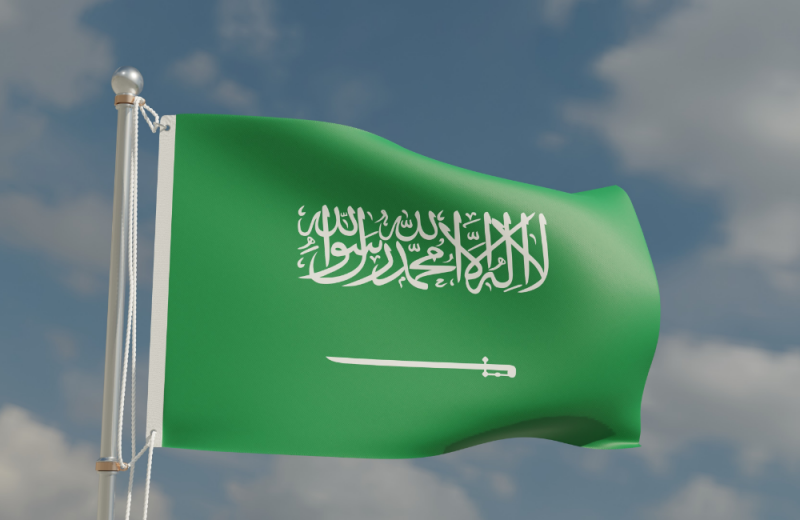
In the year since Israel’s signing of normalization agreements with the UAE and Bahrain, and subsequently with Morocco, Israelis have debated repeatedly whether Saudi Arabia would be next in
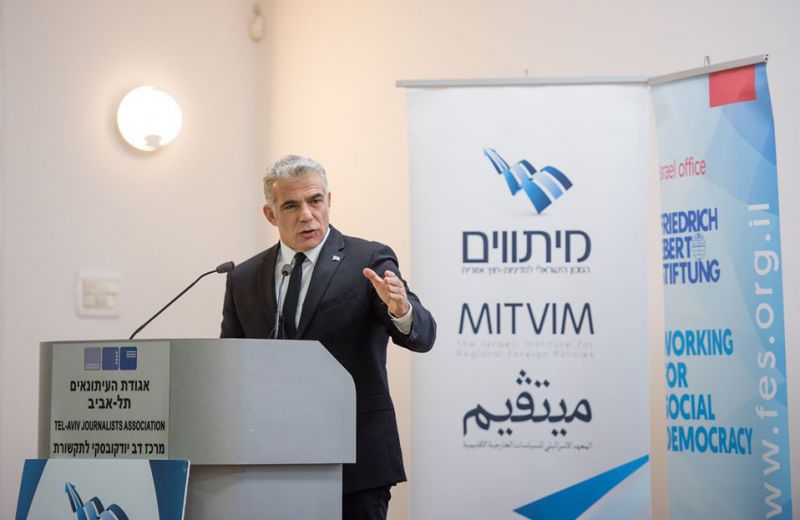
Foreign Minister Yair Lapid’s July 11-12 visit to Brussels differs considerably from his UAE visit last week. The message Lapid conveyed in Abu Dubai was one of continuity and praise for his

Some international concern has been voiced about the future prospects of the Abraham Accords under Israel’s new government. This stems from the perception that the normalization agreements Israel

The new government offers an opportunity for significant improvements in Israeli foreign policy. The popular belief is that this government will be ineffective in this domain due to the
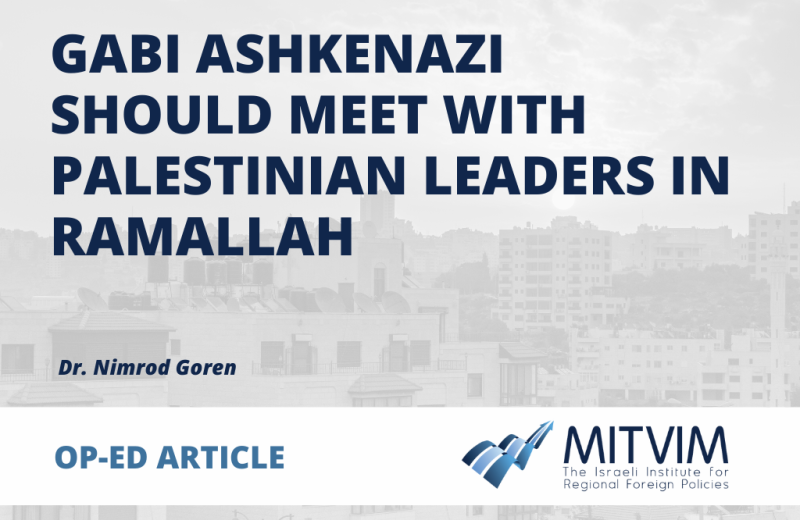
Foreign Minister Gabi Ashkenazi’s May 30 visit to Cairo was an unusual and positive event. For too long, the strategic ties between Israel and Egypt have been conducted mostly by security

Prime Minister Benjamin Netanyahu is holding 36 designated ambassadors hostage, refusing to present their appointments for government approval. These professional diplomats with years of

The progressive camp in Israel has been trying for years to find its way back to the corridors of power and influence. So far unsuccessfully. Those seeking ways for change often wonder whether

The progressive camp in Israel has been trying for years to find its way back to the corridors of power and influence, so far unsuccessfully. Those seeking strategies and tactics for change often

Israel’s special relationship with the US is a cornerstone in Israel’s foreign policy and national security. In recent years, alongside Prime Minister Netanyahu’s close bond with outgoing

The final days of 2020 raised hopes that Israel and Turkey may be on their way to improve ties, despite policy differences and lack of trust. “Turkey wants better ties with Israel”, said Turkey’s

Dr. Nimrod Goren on Jpost
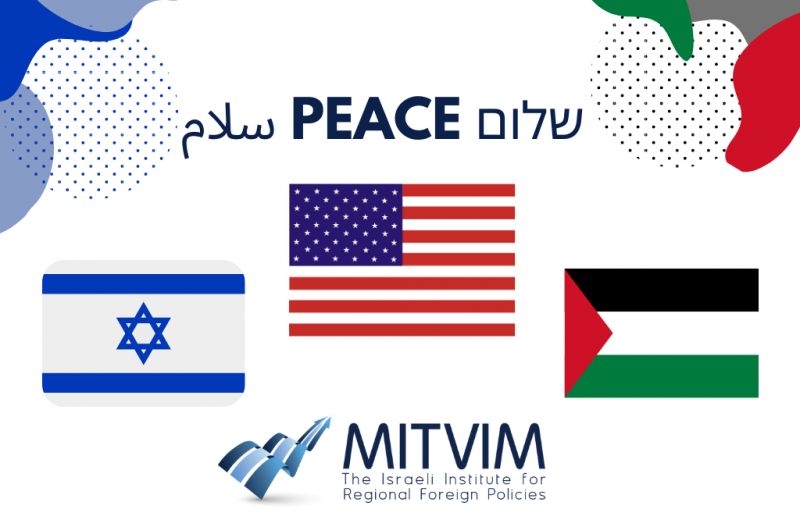
An article by Dr. Nimrod Goren for the Middle East Institute
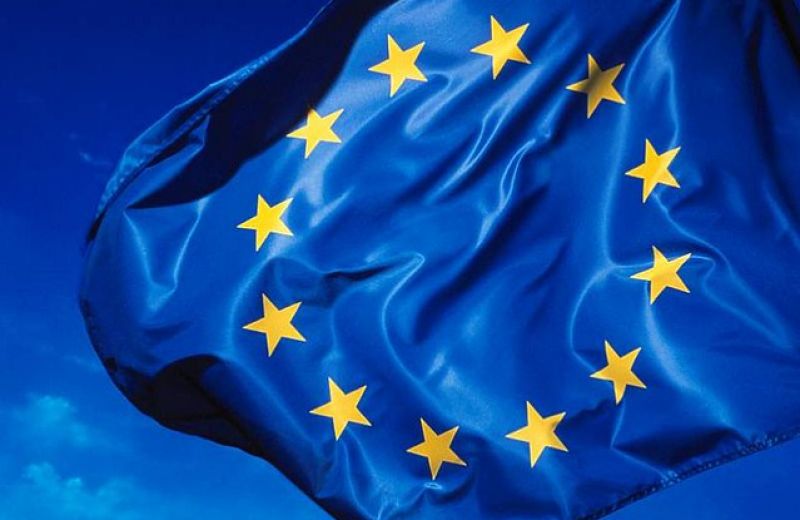
Op-ed
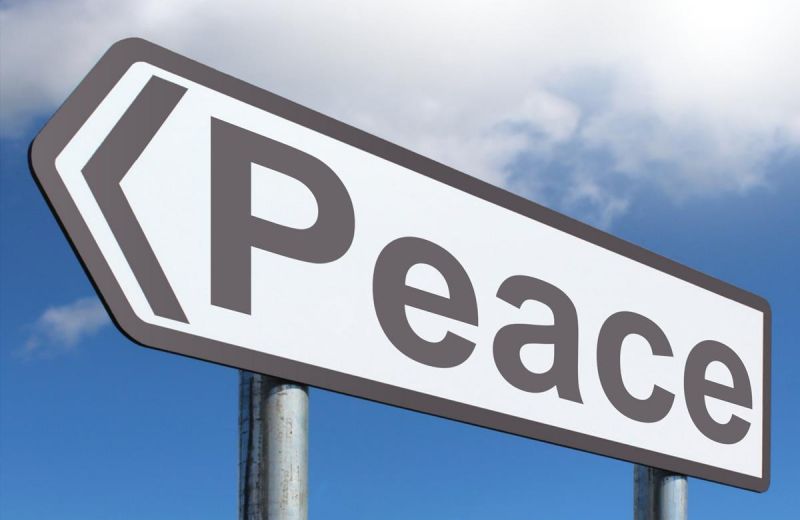
July 2020
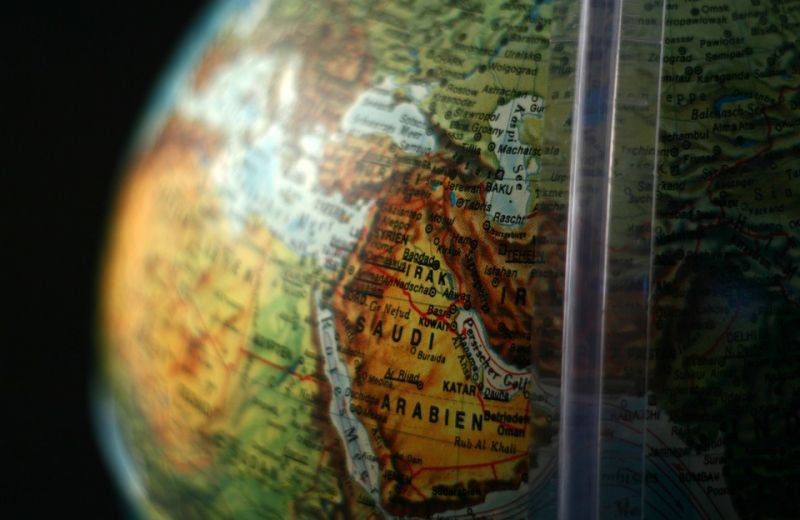
For decades, Israelis tended to perceive themselves as living in a hostile region and as being doomed for isolation in their neighborhood. The changing realities between Israel and Arab
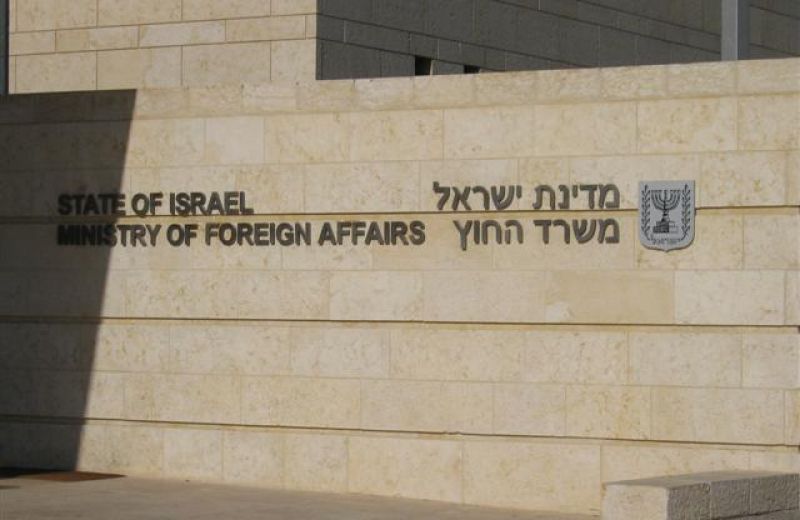
Foreign Minister Gabi Ashkenazi should lead a process of fixing the country’s regional foreign policies. In his first months in office, he should convey messages and take actions to improve

Israel’s new foreign minister should lead a process of fixing Israel’s foreign policy. This paper presents recommendations for messages he can convey and actions he can take to improve Israel’s
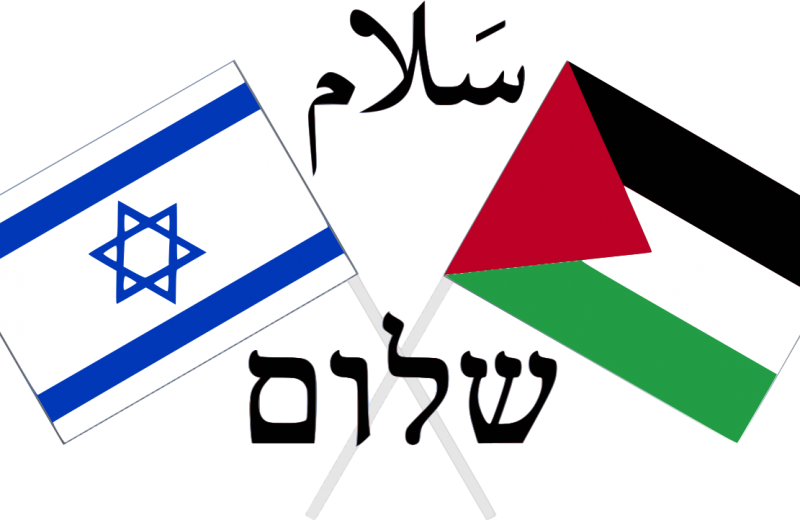
Trump’s vision for Israeli-Palestinian peace was supposed to be the ultimate gift to Binyamin Netanyahu’s electoral campaign rather than the ultimate deal for Israeli-Palestinian conflict
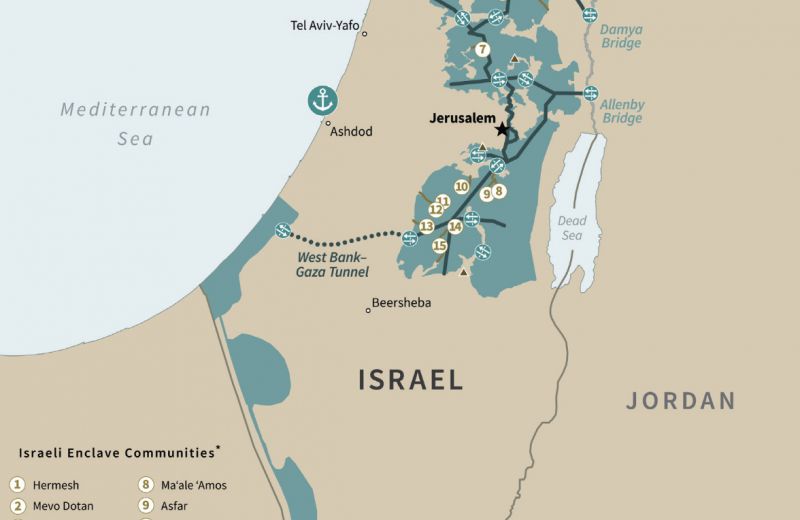
Israel has been increasingly critical of the EU in recent days, as multiple European leaders are voicing their opposition to a possible Israeli annexation in the West Bank. The Israeli response
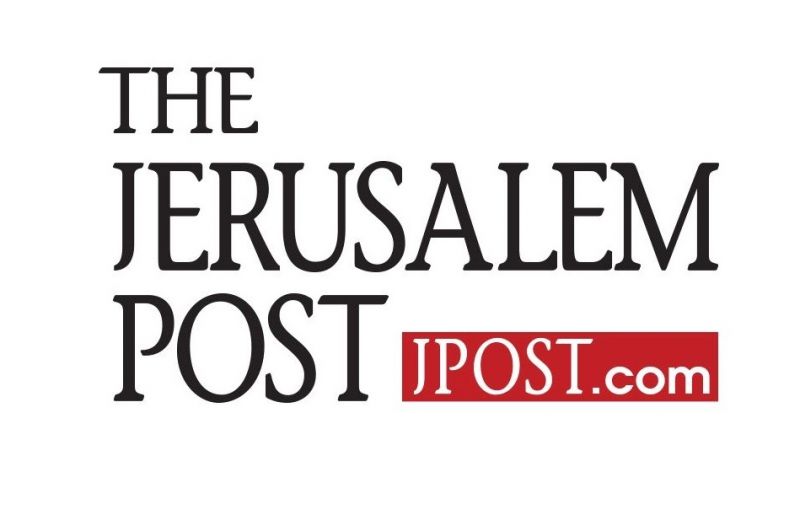
More and more Israeli diplomats are finding themselves in quarantine these days, due to the Coronavirus crisis. These include the Ministry of Foreign Affairs’ (MFA) director general and

The results of the Israeli election did not give a clear majority to any of the sides, but they still yielded a dramatic result. For the first time, a majority in the Knesset – from Lieberman’s
Israelis have gotten used over the years to governments that do not complete their full terms. But, they never experienced repeat elections prior to 2019. The current political deadlock is

Trump’s vision for Israeli-Palestinian peace was supposed to be the ultimate gift for Netanyahu’s electoral campaign, rather than the ultimate deal for Israeli-Palestinian conflict resolution.
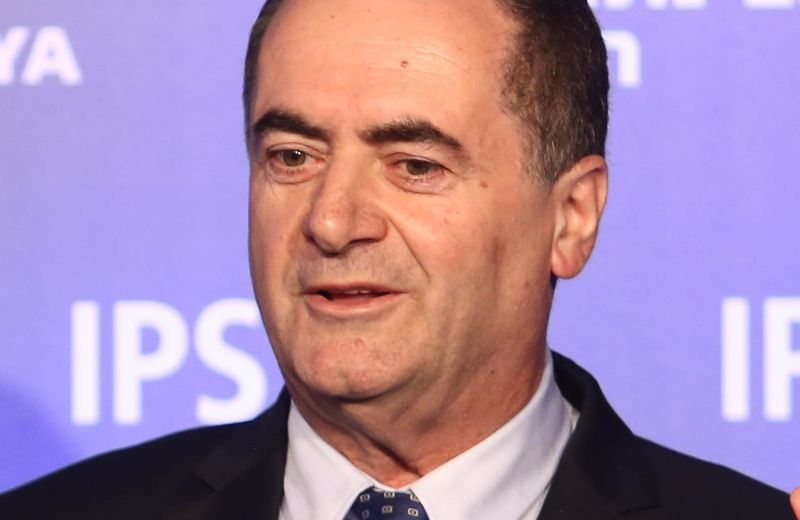
In February 2019, Israel Katz was named Israel’s interim foreign minister, and three months later his appointment became permanent. This ended a period of almost four-years without a fulltime

A new international organization was born in the Mediterranean on January 15. In parallel to the joint statement by the Israeli and Egyptian energy ministers on the start of Israeli gas exports
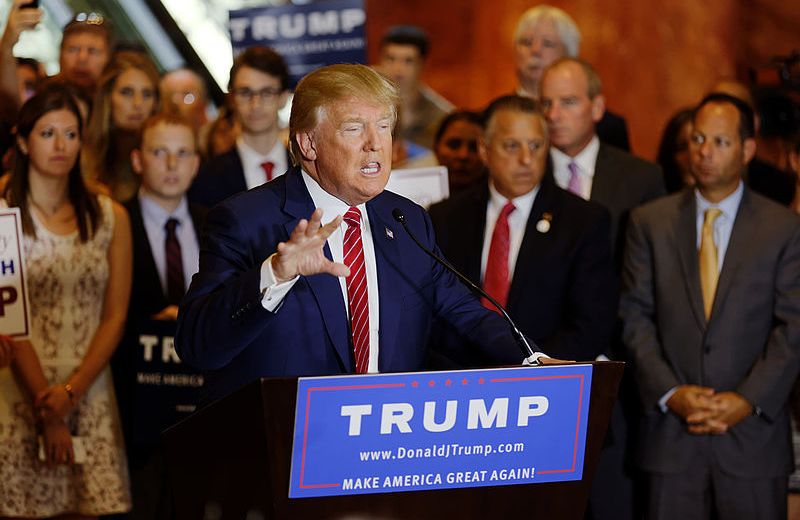
Following the publication of the Trump plan, Mitvim Institute experts argue that this is not the way to advance Israeli-Palestinian peace. This document includes initial commentaries by Nadav

President Donald Trump’s Israel-Palestinian blueprint is neither a peace plan nor “best for Israel” (as some in Israel have claimed). On the contrary, it reportedly runs counter to previous

Every six months, the Mitvim Institute maps key trends in Israel’s regional foreign policies, based on the institute’s monthly reports that monitor ongoing developments. From July through

This document outlines major trends in Israel’s regional foreign policies over the past six months. It is based on the Mitvim Institute’s monthly reports that cover ongoing developments in the
Israel and the EU maintain exceedingly close relations with each other. The EU is Israel’s largest trading partner and has extensive cultural and political ties to the country. Despite this,
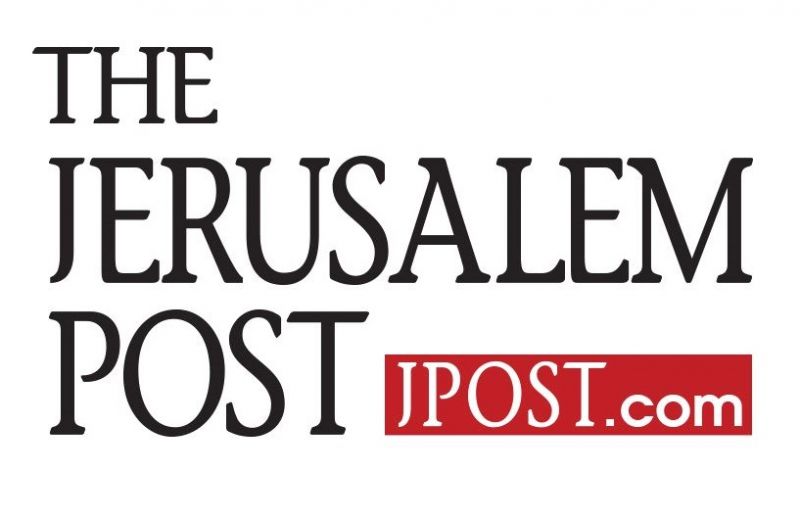
120 Members of Knesset (MKs), veteran and new, are now starting their term in the 22nd Knesset. In the near future, assuming a new government will actually be formed, they will build a

This document outlines major trends in Israel’s regional foreign policies over the past six months. It is based on the Mitvim Institute’s monthly reports that cover ongoing developments in the
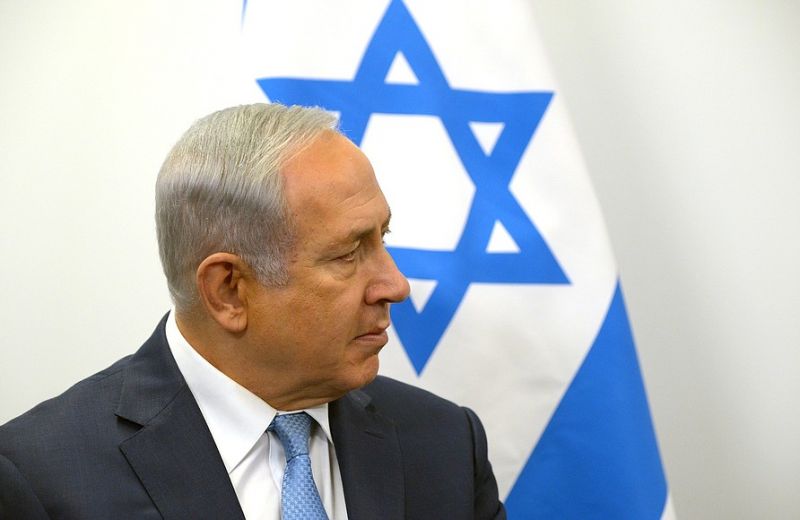
While the Israeli elections results do not yet provide clarity regarding the identity of the next prime minister or the composition of the next government, they do indicate that Netanyahu’s
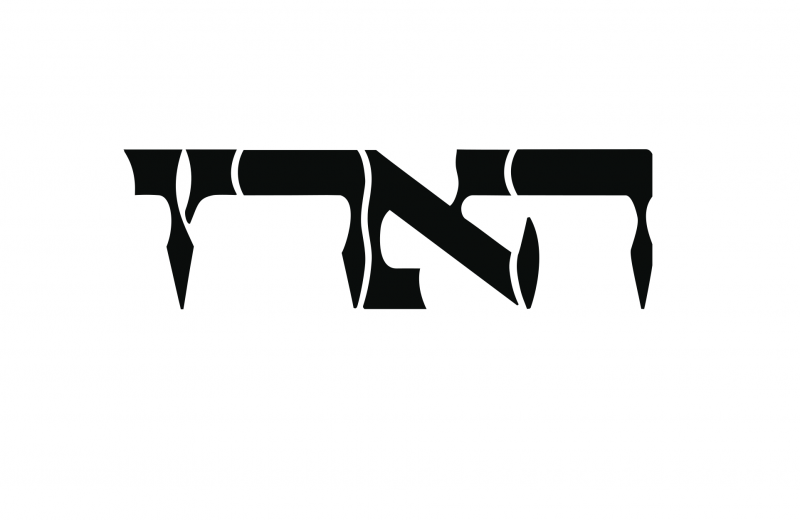
The giant posters adorning the Likud party’s headquarters in Tel Aviv, showing party leader and prime minister Benjamin Netanyahu shaking hands with Donald Trump, Vladimir Putin and

Would we ask a farmer to grow crops without water? Would we ask a surgeon to operate without a scalpel? Would we send a soldier into battle without a rifle? If not, then why are diplomats being

The economic workshop in Bahrain in late June produced some noteworthy moments that reflected recent changes in Israeli-Gulf relations: An interview of the Bahraini foreign minister by Israeli

The White House announcement that it was convening an economic workshop in Bahrain appeared to mark the launch of a significant US move unveiling the Trump plan we have been hearing about – under
Seit der Erklärung der Europäischen Gemeinschaft von Venedig von 1980 haben die Europäer versucht, zu einem Friedensabkommen zwischen Israel und den Palästinensern beizusteuern. Sie haben
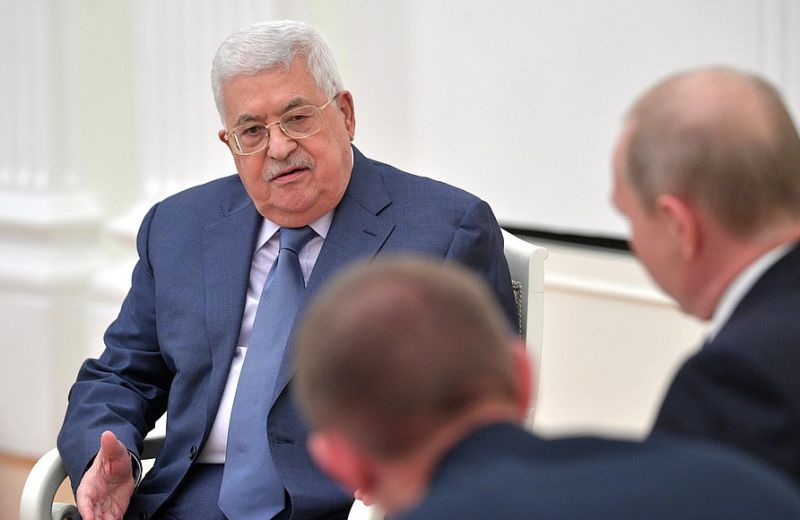
Over the last 40 years, since the 1979 Israel-Egypt peace treaty (that alluded to but did not solve the Palestinian question) and the European Community’s 1980 Venice Declaration, Europe has been
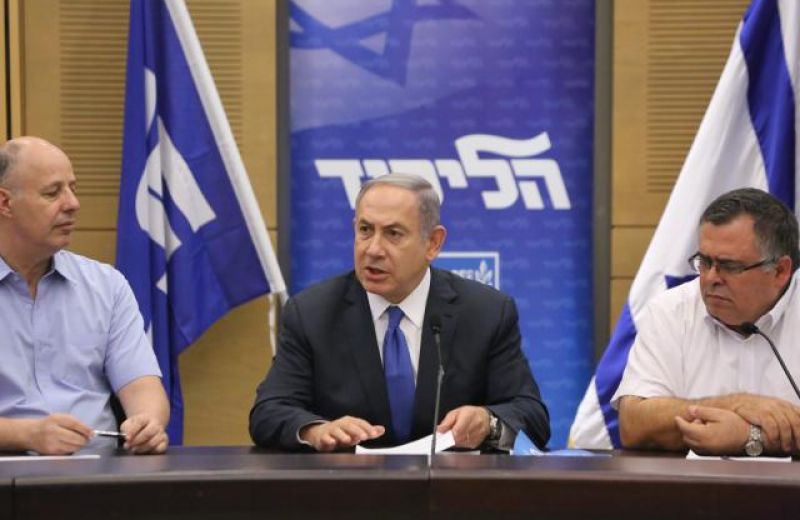
Benjamin Netanyahu won Israel’s election and declared he would form a new rightwing government. This will affect diverse aspects of Israel’s foreign policy. This document includes commentaries by
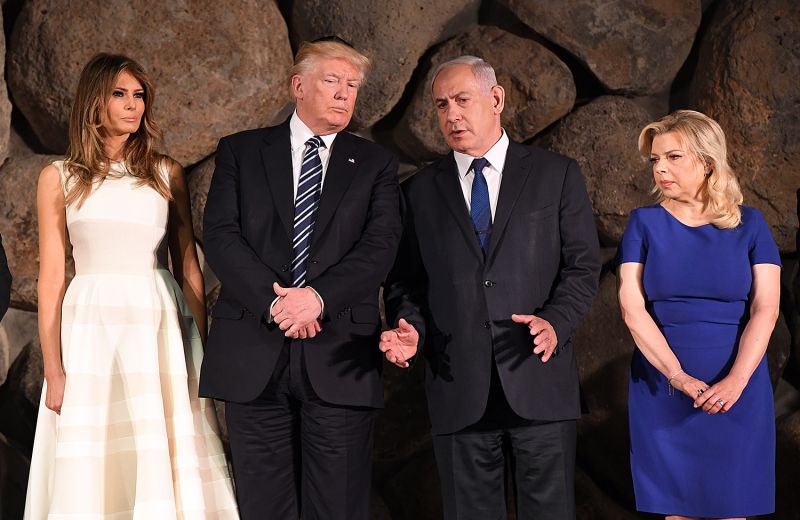
Netanyahu’s new government will likely continue the path of Israel’s current foreign policy. In 2009 he paid lip-service to a two-state solution but now speaks openly about annexing settlements.

Eight years ago, former Prime Minister Ehud Barak warned that Israel would face a diplomatic tsunami unless it re-engaged in the long stalemated peace talks with the Palestinians. Later on, Tzipi

In recent years, the Eastern Mediterranean has become a central focus of world powers, of states in the Middle East, Europe, and beyond, and of international corporations. Regional geopolitical

This document briefly outlines major trends in Israel’s regional foreign policies over the past six months. It is based on the Mitvim Institute’s monthly reports that cover ongoing developments
The recent escalation in Gaza highlighted once again the crisis in Israel-Turkey relations. A harsh exchange of tweets between the spokespersons of Turkey’s President Erdoğan and Israel’s
The EU quite frequently expresses criticism over Israeli policies and legislation that damage prospects of achieving the two-state solution to the Israeli-Palestinian conflicts or that run
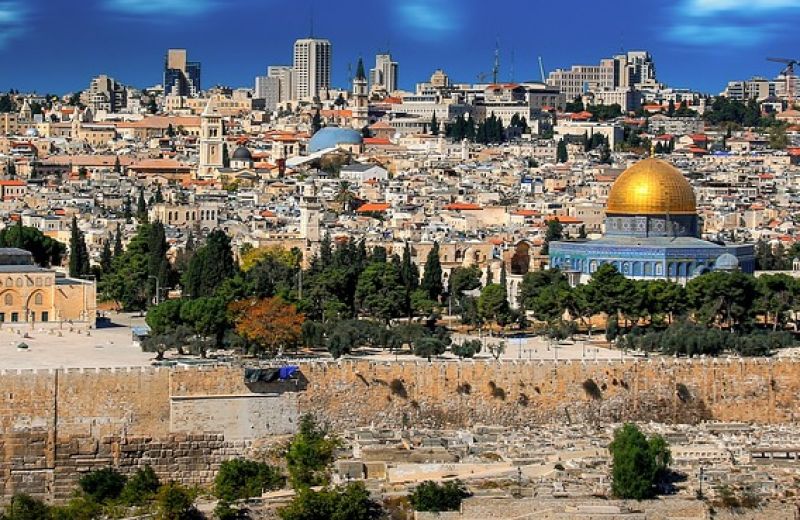
This document briefly outlines major trends in Israel’s regional foreign policies over the past six months. It is based on the Mitvim Institute’s monthly reports that cover ongoing developments
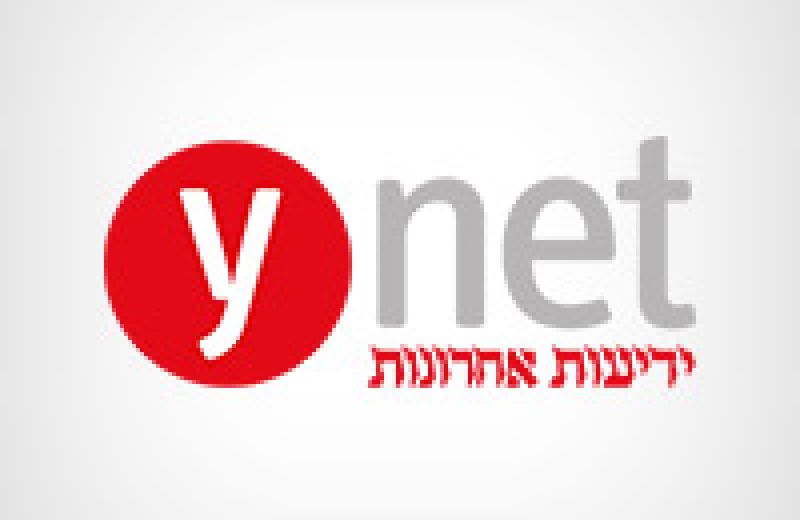
The evolving crisis between Israel and Turkey has yet to lead to an official downgrade of official ties between both countries. However, it raises a warning sign against such a development, which
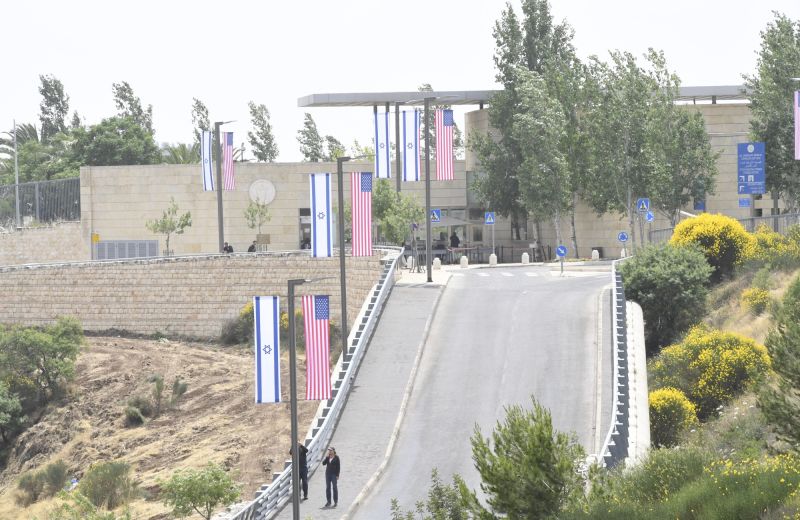
From the 1950s onwards, Israel invested much effort in convincing states to open embassies in Jerusalem. Until 1962, the U.S. actively opposed this Israeli policy, advising countries to refrain

The Israeli Ministry of Foreign Affairs (MFA) is being weakened in recent years, and is seeking ways to change this trend, and to increase its relevance and importance. Sharing more information

Iranian involvement in Syria is increasing, bolstering Israeli motivation to influence Syria’s reality. Israel has carried out successful military moves in recent years in order to preserve its

New dynamics are taking place in the Eastern Mediterranean. Signs of increased political cooperation between different countries, new opportunities for economic cooperation due to natural gas

The Israeli government and the Knesset are formulating approaches to address the rise of the far-right Austrian Freedom Party and the new Polish law regarding the Holocaust. In this effort, there
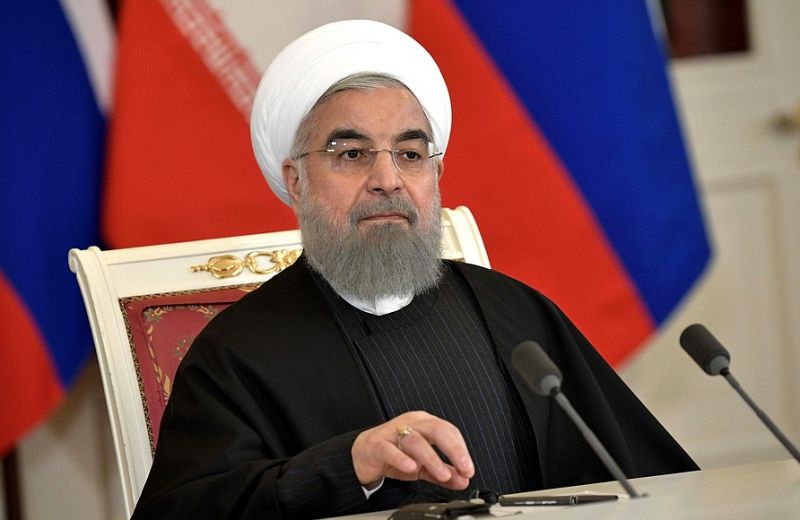
After an Iranian drone entered Israeli airspace 10 February 2018, Israel responded by striking Iranian and Syrian targets in southern Syria. Anti-aircraft fire led to the downing of an Israeli

In December 2017, while the UN General Assembly voted against the American decision to recognize Jerusalem as Israel’s capital, and while Palestinian leaders were seeking an alternative mediator
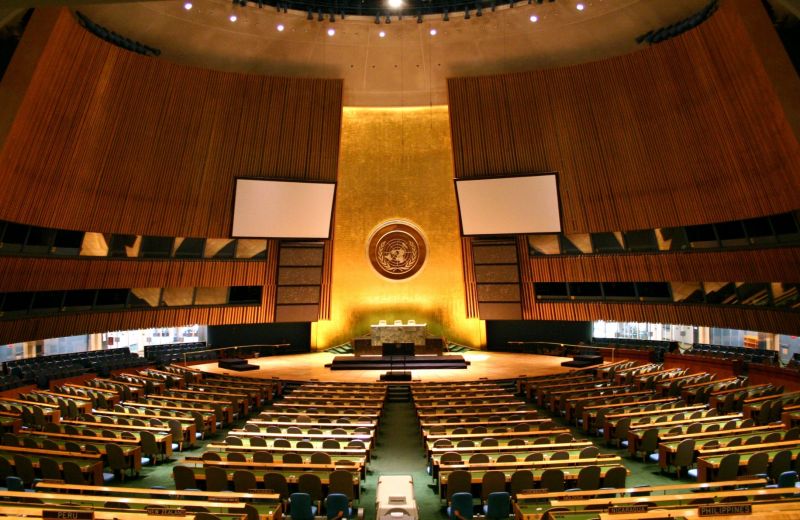
The Mitvim Institute conducted a preliminary research that examined voting patterns in UN institutions regarding Israel. The research focused on the voting patterns of 35 countries in 16 votes

On 6 December 2017, US President Donald Trump delivered a statement in which he recognized Jerusalem as Israel’s capital. His statement was warmly received in Israel, but was heavily criticized

“This is the time to say thank you for the decision that has lifted every heart in Israel, and every heart in the Jewish world”. This statement was not issued after Trump’s decision to recognize

As US President Donald Trump’s emissaries continue their journeys through the Middle East searching for a way to break the current stalemate in the Israeli- Palestinian peace process, many in the

He visited Riyadh, Bethlehem and Jerusalem. As each stop approached in his Middle Eastern tour, the suspense in Israel grew and the anticipation increased. When will the major announcement be

As President Trump’s visit to Saudi Arabia drew near, the Wall Street Journal reported a new initiative originating from the Gulf states vis-a-vis Israel: Should Israel take steps to promote
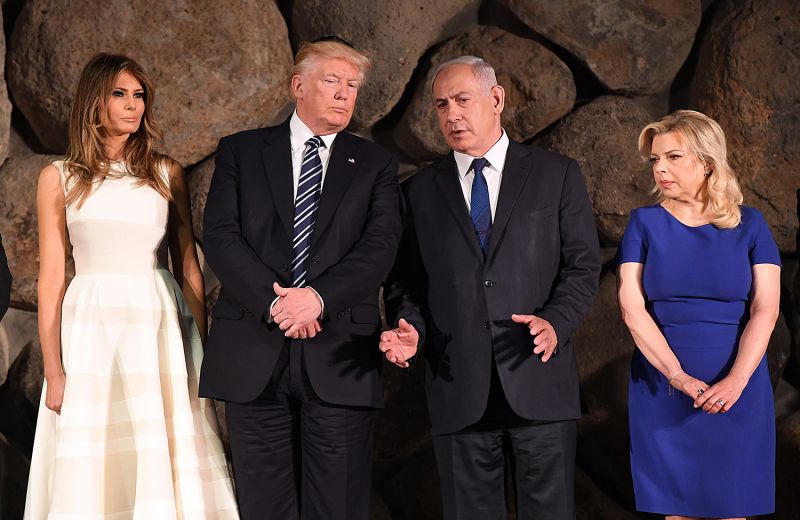
Donald Trump made his first foreign trip since taking office to the Middle East. In May 2017 he visited Saudi Arabia, Israel, and the Palestinian Authority. Throughout his regional tour, the US

The Israeli Prime Minister and his government reacted favorably to the election of Donald Trump as the new US President. However, since Trump assumed office, questions have mounted regarding his

Prime Minister Netanyahu succeeded in injecting his regional approach into the policy vacuum that characterizes President Trump’s first weeks in office. Since 2014, Netanyahu has declared at home

In its first days in office, the Trump administration has started to push back against the president’s loud and reiterated campaign promises to relocate the U.S. Embassy in Israel from Tel Aviv

The upcoming international conference regarding the Israeli-Palestinian peace process, on January 15th in Paris, comes at a time when hope for progress in the peace process is at a deep low. Add
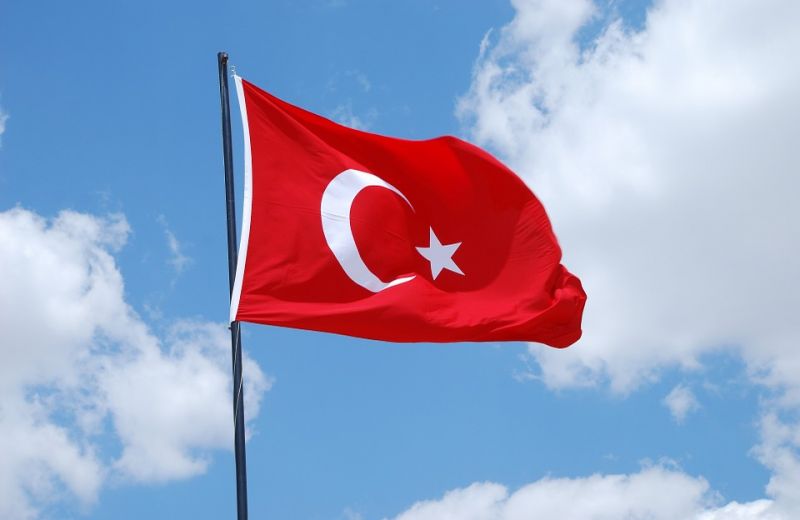
The New Year’s Eve attack in Istanbul does not bode well for 2017 in Turkey, signifying the continuation of the rise in terrorism the country has been experiencing in the past few years.

Throughout 2016, analysts were wondering what – if at all – will be President Obama’s final move regarding the Israeli-Palestinian conflict. The options discussed included a presidential speech
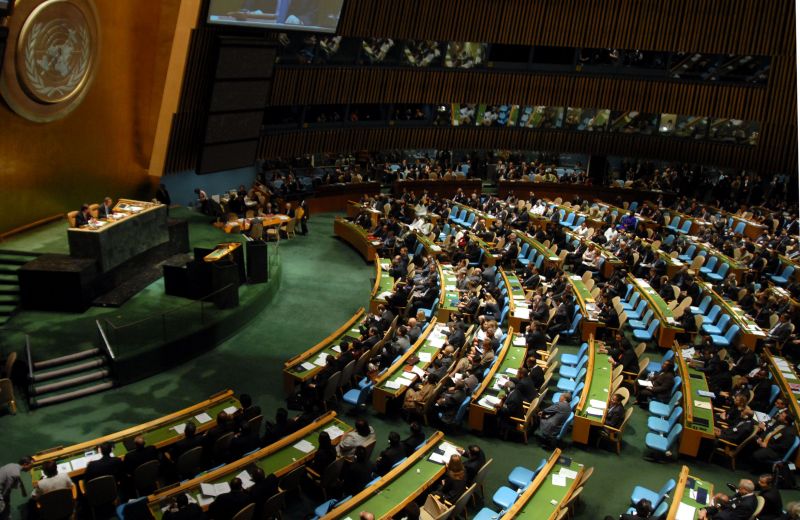
UN Security Council Resolution 2334, adopted on December 23rd 2016, is not the first international decision against the Israeli settlements. It is aligned with previous criticisms voiced against

On December 14th 2016 IPCRI and the Mitvim Institute hosted at the American Colony Hotel in Jerusalem a public forum titled “The U.S Elections and the Future of Middle East.” After opening

